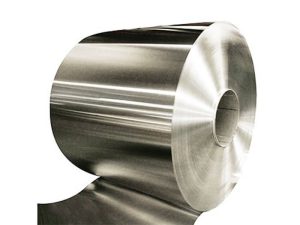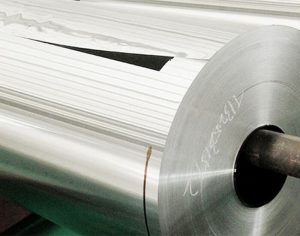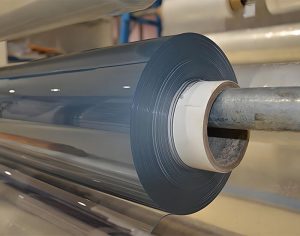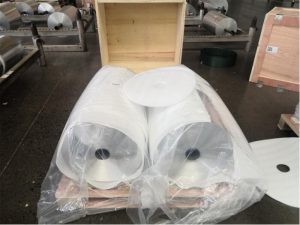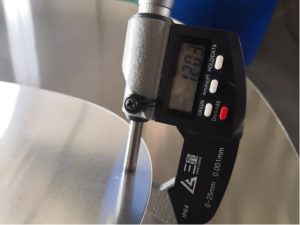Introduction
At Huasheng Aluminum, we specialize in the production and wholesale of 6061 aluminum strips, a versatile material known for its exceptional mechanical properties, corrosion resistance, and extensive applications across various industries. As a prominent manufacturer and supplier, our 6061 aluminum strips are engineered to meet the highest standards, ensuring reliable performance in diverse environments.
What is 6061 Aluminum Strip?
6061 aluminum is a widely used alloy, primarily composed of aluminum, magnesium, and silicon. It is renowned for its excellent mechanical properties, such as strength, toughness, and corrosion resistance, making it suitable for various industrial applications. The 6061 aluminum strip, a flat, narrow piece cut from a larger sheet or coil, is commonly used in manufacturing processes requiring precise dimensions and specific alloy properties.
Why Choose 6061 Aluminum Strip?
6061 aluminum strip offers several advantages that make it a preferred choice for manufacturers and engineers:
- High Strength: 6061 aluminum provides a strong yet lightweight solution, ideal for structural applications where strength is critical.
- Corrosion Resistance: Its ability to withstand corrosion in various environments extends its lifespan and reduces maintenance costs.
- Weldability: 6061 aluminum is easily weldable, making it a practical choice for constructing complex structures.
- Heat Treatability: The alloy can be heat-treated to enhance its mechanical properties, allowing customization for specific applications.
- Versatility: Its adaptability to various manufacturing processes makes it suitable for a broad range of industries, from aerospace to automotive.
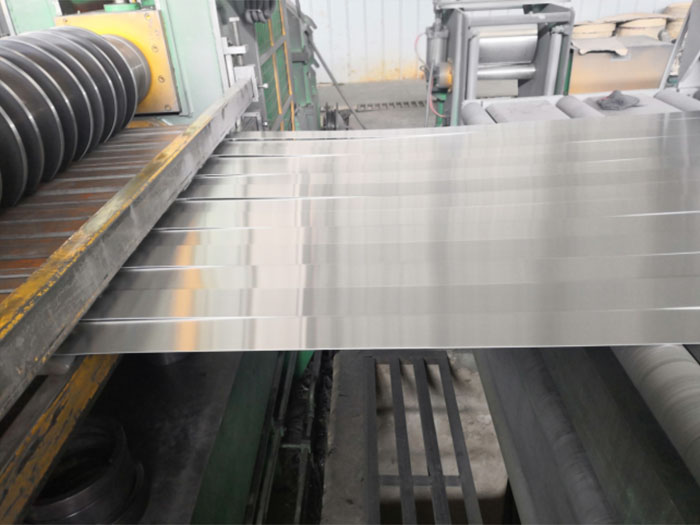
Chemical Composition
The chemical composition of 6061 aluminum is carefully controlled to achieve the desired properties:
| Element |
Composition |
| Aluminum, Al |
95.8 – 98.6 % |
| Chromium, Cr |
0.04 – 0.35 % |
| Copper, Cu |
0.15 – 0.40 % |
| Iron, Fe |
<= 0.70 % |
| Magnesium, Mg |
0.80 – 1.2 % |
| Manganese, Mn |
<= 0.15 % |
| Other, each |
<= 0.05 % |
| Other, total |
<= 0.15 % |
| Silicon, Si |
0.40 – 0.80 % |
| Titanium, Ti |
<= 0.15 % |
| Zinc, Zn |
<= 0.25 % |
This composition ensures a balanced combination of strength, corrosion resistance, and workability, making 6061 aluminum an excellent choice for various applications.
Mechanical Properties
6061 aluminum strip is known for its impressive mechanical properties, which include:
| Property |
Value |
| Tensile Strength |
130 to 410 MPa |
| Yield Strength |
76 to 370 MPa |
| Elongation |
3.4 to 20 % |
| Hardness (Brinell) |
30-120 |
These properties make 6061 aluminum strip suitable for applications requiring a durable and reliable material.
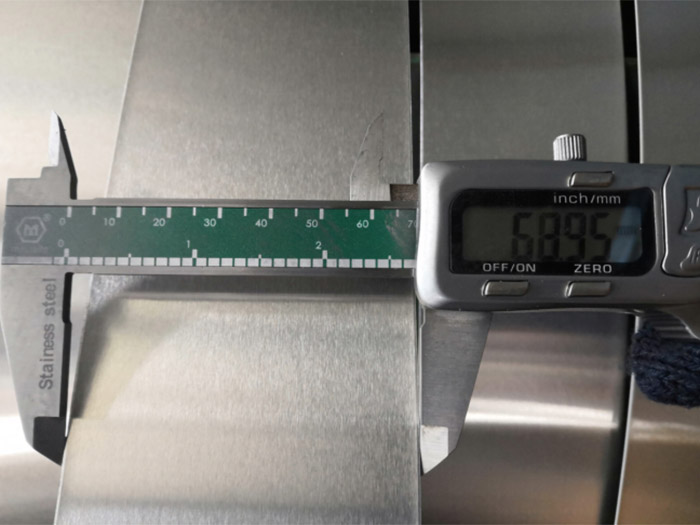
Physical Properties
In addition to its mechanical properties, 6061 aluminum also exhibits notable physical characteristics:
| Property |
Value |
| Density |
0.098 lb/in³ (2.7 g/cm³) |
| Melting Point |
1080 – 1205 °F (582 – 651.7 °C) |
| Thermal Conductivity |
180 W/m·K |
| Electrical Conductivity |
43% IACS |
These properties contribute to the alloy’s versatility, allowing it to perform effectively in a variety of environments and applications.
Heat Treatment
6061 aluminum strip can undergo heat treatment to enhance its strength and hardness. The process typically involves solution heat-treating followed by aging, which optimizes the material’s mechanical properties for specific uses.
Forming and Welding
One of the key advantages of 6061 aluminum is its excellent formability and weldability:
- Formability: 6061 aluminum strip can be easily formed into various shapes in its annealed condition, making it suitable for a wide range of manufacturing processes.
- Weldability: The alloy is compatible with various welding methods, including TIG and MIG welding, ensuring strong and reliable joints in complex assemblies.
Surface Finish
The surface of 6061 aluminum strip can be finished in several ways to enhance its appearance and durability:
| Surface Finish |
Description |
| Mill Finish |
A basic finish providing a smooth, uniform surface. |
| Anodized |
An electrochemical process that enhances corrosion resistance and allows for coloring. |
| Coated |
Additional protective coatings can be applied for enhanced durability. |
These surface finishes offer both functional and aesthetic benefits, making 6061 aluminum strips suitable for a wide range of applications.
Standard Specifications
6061 aluminum strips typically conform to several international and industry standards, ensuring consistency and reliability in their performance. Common standards include:
- ASTM B209: Specification for aluminum and aluminum-alloy sheet and plate.
- AMS 4027: Aluminum alloy, sheet and plate, 6061-T6, T651.
- QQ-A-250/11: Federal specification for aluminum alloy 6061, plate, sheet, and strip.
These specifications guarantee that 6061 aluminum strips meet the necessary criteria for quality and performance in various industries.
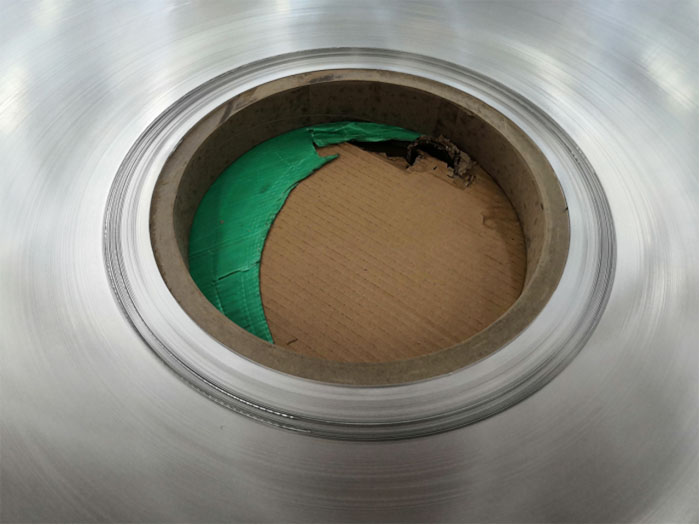
Disadvantages of 6061 Aluminum Strip
While 6061 aluminum strip offers numerous advantages, it is important to consider its potential drawbacks:
- Cost: The alloying elements in 6061 aluminum can make it more expensive than some other aluminum alloys.
- Corrosion Resistance: Although 6061 aluminum has good corrosion resistance, it may not be as resistant as other aluminum alloys in certain harsh environments.
These factors should be weighed when selecting 6061 aluminum strip for specific applications.
